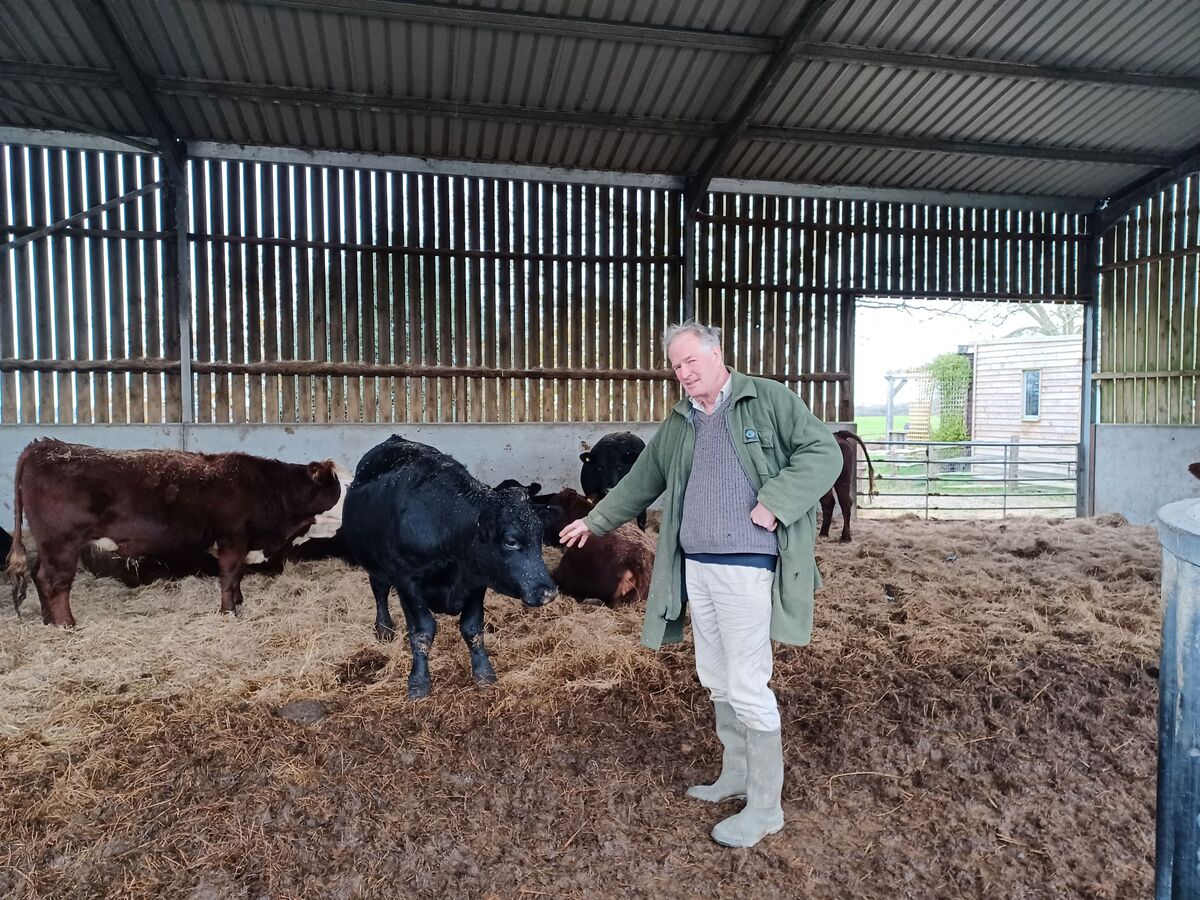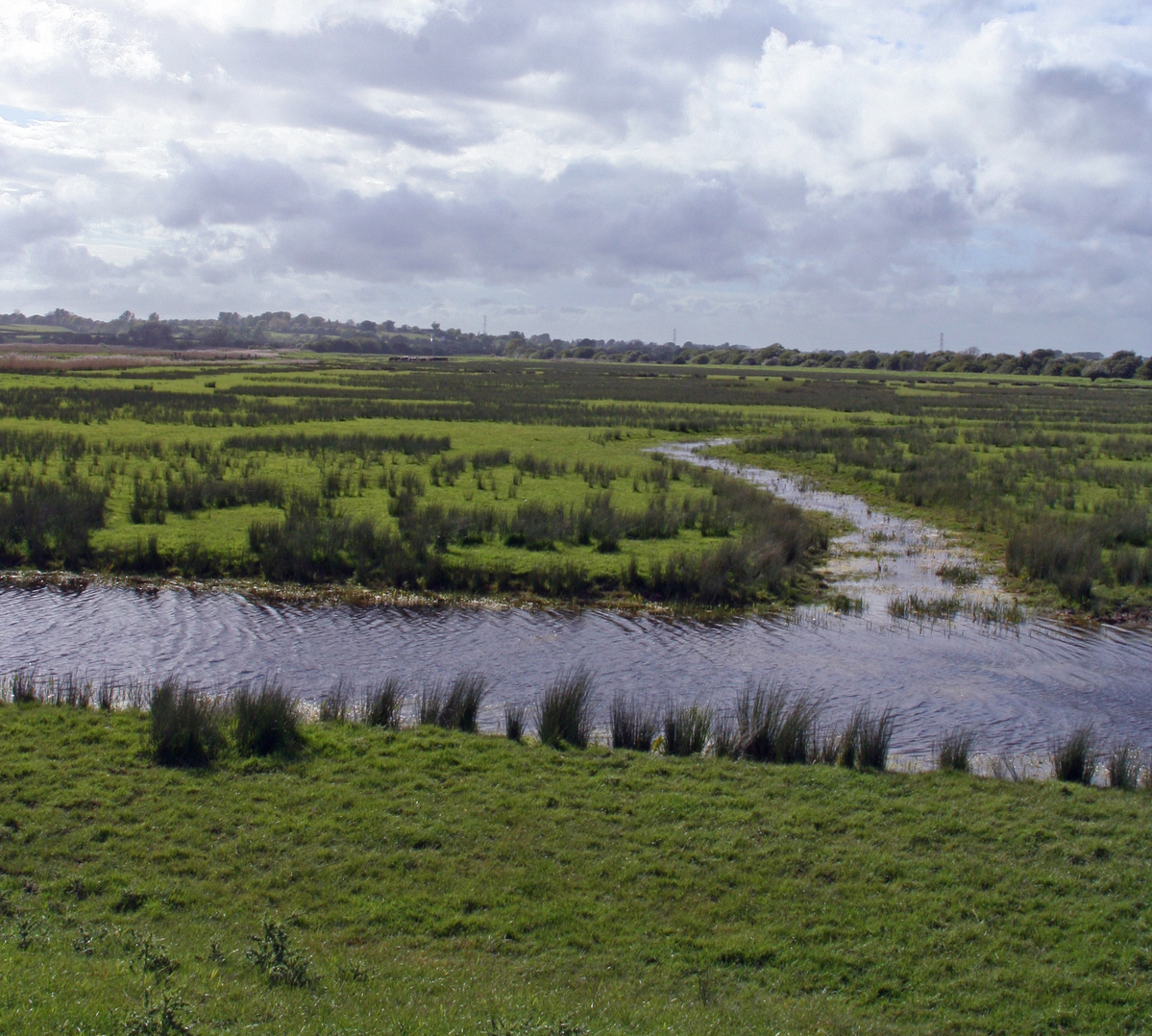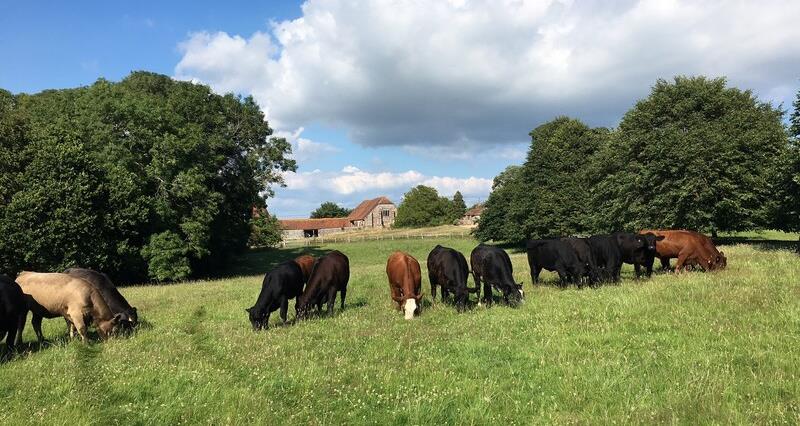Here, in this corner of East Sussex, dozens of farmers are united in their own battle to save and enhance some of Britain’s rarest wildlife.
Sixty farm businesses who farm on the Pevensey Marshes are now members of a cluster group, formed in 2018.
They work closely with conservation bodies and meet regularly to share ideas about environmentally-friendly farming methods.
Crucially, working together gives farmers the opportunity to access funding, both privately and specifically through the Countryside Stewardship Facilitation Fund that was set up in 2015.
The fund offers three-year contracts to groups farming on a combined 2,000ha or more, and in return participants must set target species or habitats to focus on based on the Countryside Stewardship Statement of Priorities for their area.
Organic dairy farmer David Harding is chair of the Pevensey Levels Farmers Cluster Group. He has created a reed bed teeming with bird life on former dry grassland.
Martin Hole, a livestock farmer with 55 suckler cows and 500 ewes, is the founder chair of the group and still an active member.

Martin, who is also NFU East Sussex chair, said: “We are farming in arguably one of the most biodiverse wetlands in the UK which brings responsibilities and challenges.
“Farmers here feel strongly that the nature of keeping livestock on wetland is increasingly difficult and so important that it requires a collective effort and a grassroots, bottom up, approach in which farmer experience is blended in with the wider conservation community.
“We network with various national and local organisations and everything we do is with the advice of the local Natural England team. We are increasingly working with the local voluntary networks to use data on wildlife populations.”
The Pevensey Levels is one of the most important sites in Sussex for nesting lapwing and is also a key site for as many as 200 species of birds on migration routes.
“My hope is that if we continue to change the farm and if enough of my neighbours continue to change their farms, then we will see the return of bird populations that are currently declining. The obvious one for us is our lapwing.”
NFU East Sussex Chair Martin Hole

It is home to many nationally-rare invertebrates and the fen raft spider and is regarded as the best site in Britain for freshwater mollusc fauna, including the endangered shining ram’s-horn snail.
Initiatives the cluster group is working on include a mink capture project, bringing back water voles, preventing bird species being threatened, reducing the need for chemical fly treatments and generally promoting low input agriculture.
The group also aims to extend and link existing habitats to increase connectivity and reduce fragmentation.
Martin said: “My hope is that if we continue to change the farm and if enough of my neighbours continue to change their farms, then we will see the return of bird populations that are currently declining. The obvious one for us is our lapwing.”
While the work of the group is focussed on improving biodiversity, Martin believes the environmental benefits are in line with the NFU’s target to reach net zero for greenhouse gas emissions across the whole of agriculture in England and Wales by 2040.
He said: “It is excellent to see an NFU drive to achieve net zero by 2040. Putting nature back into landscape conservation management is consistent with trying to achieve net zero and will only further help that cause.”
